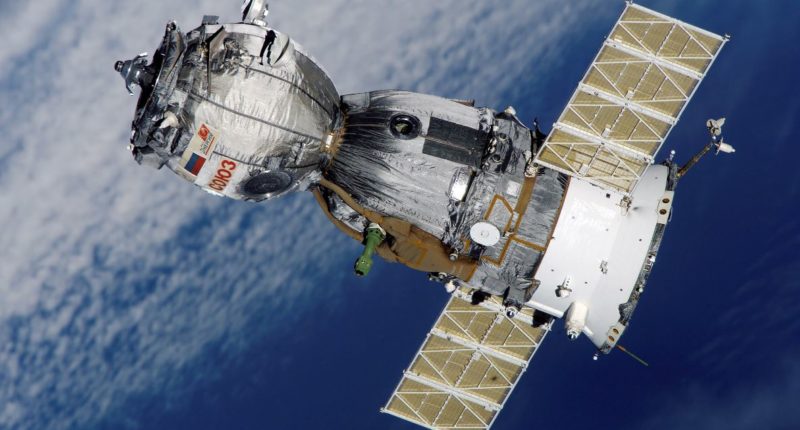The world is currently highly interested in new space-tech companies, and India is not far behind. The country’s space industry has been growing ever since ISRO made its mark known in the world, inspiring private sector to follow up with ground breaking inventions. One of these startups-Pixxel, has been able to attract the attention of space enthusiasts unlike anyone else. In a seed funding round, led by Techstars and Omnivore VC, amongst others, Pixxel has secured an investment of around $7.3 million.
The two-year-old Bengaluru and Los Angeles based firm is being supported by the government and ISRO alike. Recently, Pixxel had planned to launch its first satellite- Anand, as a part of its Firefly Feet, on February 28th. However, the launch had to be delayed due to software issues, leading to Pixxel saying that it will launch the satellite within the next few months.
The purpose of the Firefly fleet, which will be stationed in low Earth orbit (much like the very famous Starlink) will be to observe Earth 24/7.
However, Pixxel is by no means a one trick pony, and with today’s announcement, it has revealed plans for a new product -Hyperspectral imaging. The aim of this technology is to provide the highest resolution imaging by capturing images at a vast spectrum of wavelengths, using a small satellite constellation.
Absolutely stoked to announce the close of our 7M+ seed round as well as finally reveal what we’ve actually been working on @PixxelSpace. Excited to deploy some of the best imaging tech that’s ever been put in orbit and bring the benefits of space down to earth. Read more here. https://t.co/q8R5ApVaBF
— Awais Ahmed (@awaisahmedna) March 17, 2021
Pixxel has claimed that once its satellite constellation is fully operational, it will provide 24-hour global coverage at a higher resolution and lower price than what’s currently available in the market. The company claims that its images would be more advanced than that provided by its competitors and show things such as pest infestations, crop diseases, air and water pollution levels, oil spills and gas leaks.
In December of last year, Pixxel had also established a collaboration with ISRO’s commercial branch, NewSpace India Limited, to use ISRO’s PSLV-rocket to launch Pixxel’s remote sensing satellite.
The start-up founded by Ahmed and Kshitij Khandelwal is also planning to launch its second satellite atop the most famous space company, SpaceX’s Falcon 9 rocket to the sun-synchronous orbit, in collaboration with Momentus Inc.




